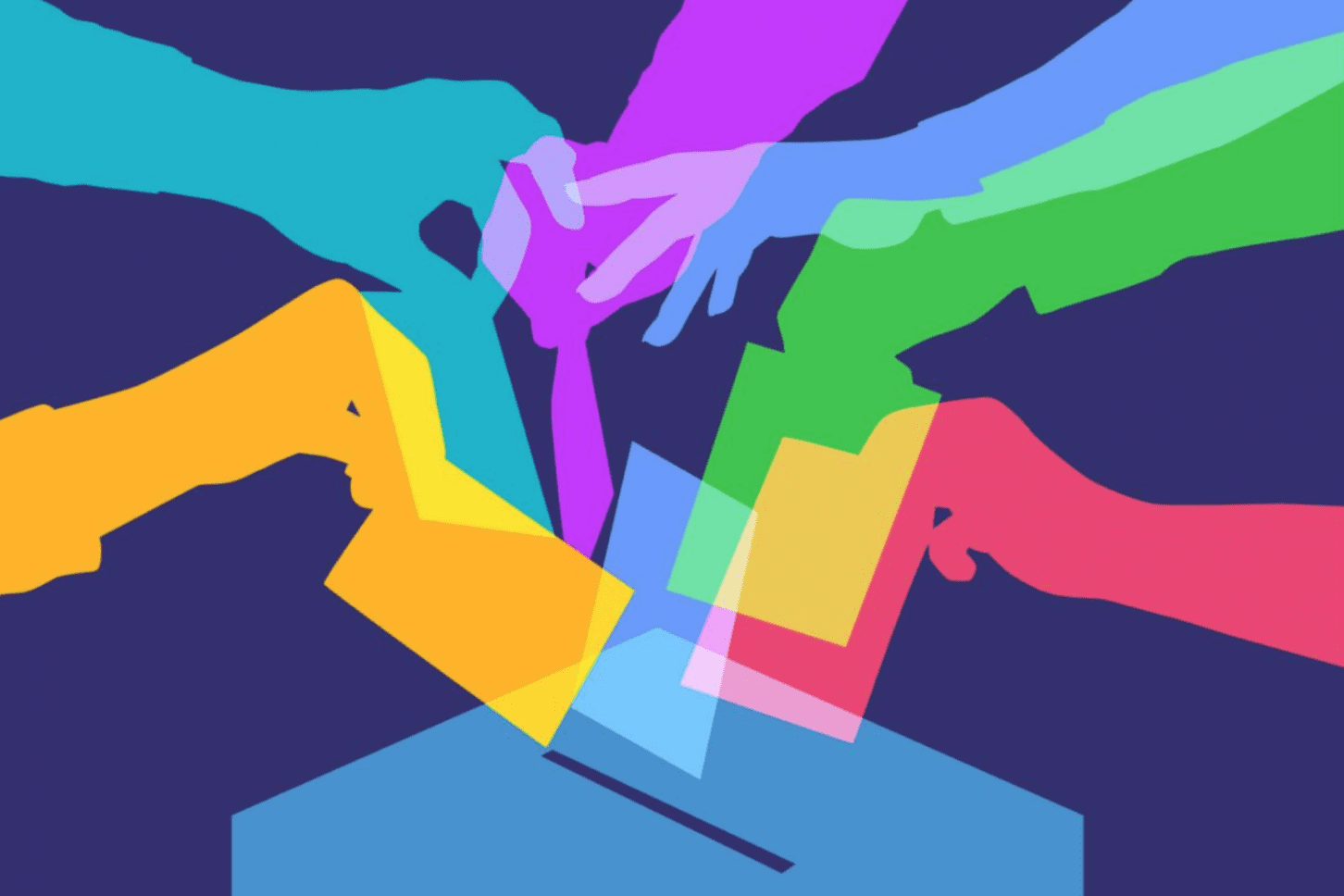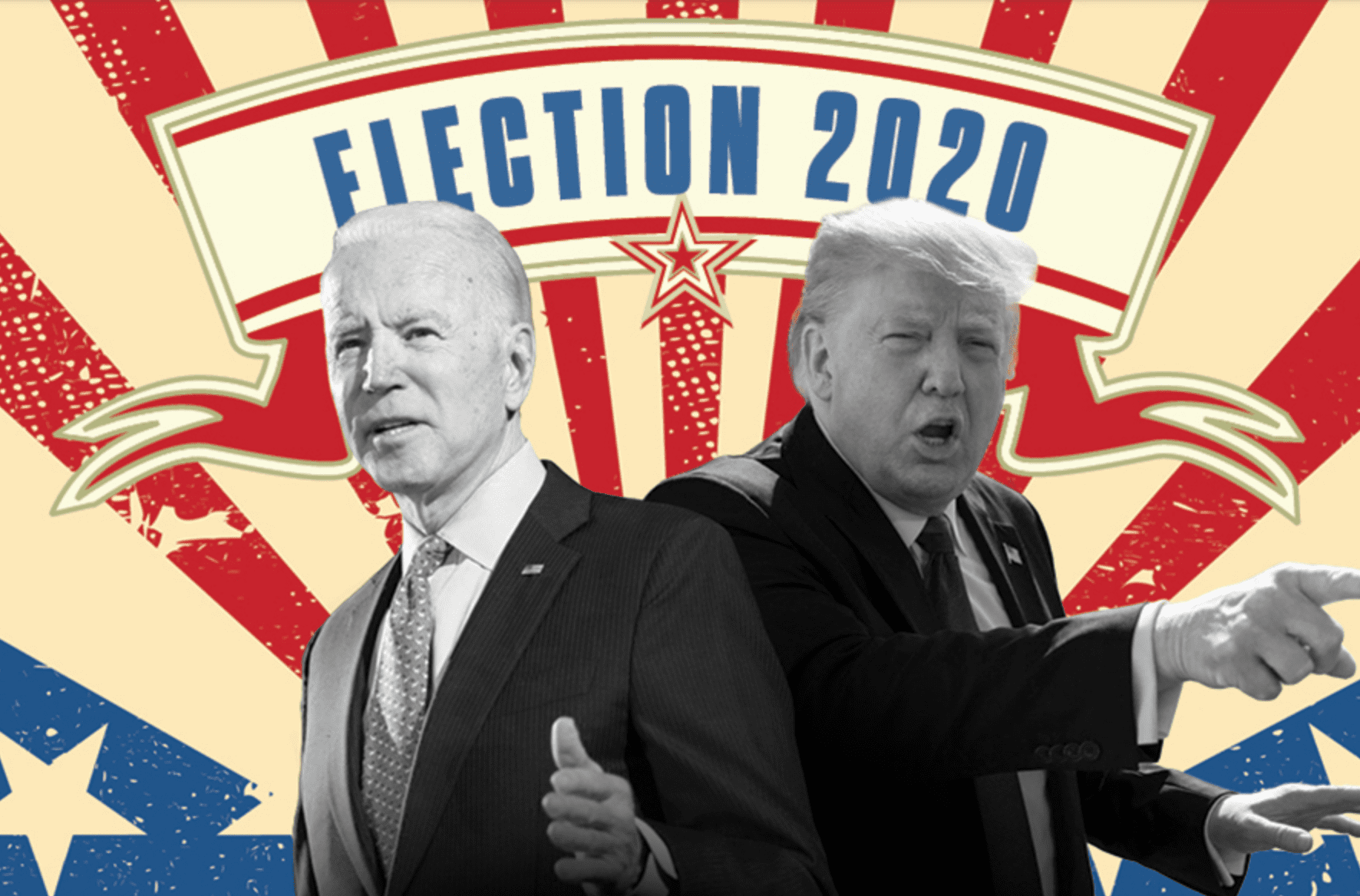Here's an uncomfortable truth: politicians are more likely to assault the pillars of our democracy than strengthen them.
While Donald Trump may delight in sledgehammering political norms and institutions, typical elected officials are similarly inclined to orchestrate democratic erosion rather than construction, albeit at a subtler scale.
Before you dismiss this assertion as hyperbole, let's look at a topical example: electoral reform.
Last week, Ontario Premier Doug Ford's government decided to unilaterally rescind the ability of municipalities to use ranked ballots for civic elections. There was no referendum, no consultations. In fact, the unexpected change was cowardly hidden away in an omnibus bill supposedly about pandemic legalities.
The City of London had already shifted to using ranked ballots as of their 2018 election, following public consultation. Voters in the cities of Cambridge and Kingston opted in 2018 referendums to switch to ranked ballots for their future municipal elections, and both cities already spent considerable time and money preparing for such improvements.
Barrie, Guelph and Meaford had planned to hold referendums on switching to ranked ballots, while Burlington intended to conduct public consultation about such a reform in time for 2022 municipal elections.
But all of these democratic reforms have been unilaterally scrapped by the province, because Doug Ford himself elected as Progressive Conservative leader thanks to a ranked ballot feels that his municipal cronies are threatened.
Broadly speaking, there are three categories of voting systems: plurality, majoritarian and proportional. Under plurality voting systems, a plurality (or the largest minority) of voters elect the government. This is how "majority" governments get elected with less than 40 percent of the vote, or how municipal councillors can ascend to public office with the narrowest of support sometimes less than 15 percent. Plurality elections also do a poor job of translating how people vote into parliamentary or city council seats, skewing results. (Most Canadians have only ever used plurality voting, specifically first-past-the-post.)
Majoritarian voting systems are a bit better, as candidates require the support of a majority of voters to hold office. Under this system, politicians must appeal to a broader percentage of the electorate. Additionally, these elections aren't affected by "vote splitting", freeing people to vote for their favourite candidates and not worry about "strategic voting". However, majoritarian systems still do a poor job of reflecting how we vote, and tend to under-represent minority groups while over-representing dominant groups. (Majoritarian voting usually employs a ranked ballot.)
Proportional voting systems are perhaps the most democratic, as they accurately reflect how society votes. If 35 percent of voters opt for Party X, that party gets roughly 35 percent of the seats, rather than some artificially-inflated amount. Election results are also much more equitable in terms of reflecting social diversity. Depending on the specific system, there's little to no strategic voting and local representation is maintained.
On a scale from least to most democratic, they would be: plurality, majoritarian, and then proportional.
Although cities such as Toronto would only improve one rung from plurality to majoritarian voting if they were to adopt ranked ballots, Ontario municipalities that currently use multi-member wards (e.g. Guelph) or at-large voting (e.g. smaller communities such as Meaford) would enjoy a proportional electoral system if they were to adopt ranked ballots.
So why would Doug Ford rescind democratic improvements? Why would he want to retain a voting system that is the least democratic and burdened by numerous flaws?
Divisive politicians tend to struggle under more democratic voting systems, as they can't claim all of the power with just 40 percent of the vote. Under plurality systems, it's easy for a party or politician to primarily appeal to their core voters, and hope that they outnumber the core voters of opponents. But under a majoritarian voting system that captures voter preferences (second choice, third choice, etc.), such politicians may flounder if they lack broad appeal.
To put it simply: the older, white, male politicians who coast to power under plurality voting are scared of electoral systems that are more democratic, as it threatens their divide-and-conquer gravy train.
Their defensive reaction is entirely logical. Politicians will want to retain the electoral system that put them in power, and that is most likely to provide them a path to re-election even if its use is to the detriment of society.
Doug Ford is by no means the only politician who wanted to scale back democratic improvements to benefit himself (or his cronies at other levels of government) at the expense of voters. Quebec Premier François Legault came to power in 2018 promising to scrap first-past-the-post voting and adopt a form of proportional representation without the unnecessary obstacle of holding a referendum. But once in power, a referendum suddenly appeared, and one which the government is clearly constructing to fail.
Another right-wing party, the BC Liberals, moaned about the unfairness of first-past-the-post elections when they were in opposition (the victims of a "wrong-winner" election in 1996). But upon assuming power, they ensured their electoral reform referendum would flounder by concocting a super-majority threshold and other barriers to prevent change. Despite that an authoritative majority of British Columbian voters asked for a better election system in 2005 77 ridings were in favour, while only two opposed it was not to be.
Over in the United Kingdom, the Conservative party pledged in their 2017 election platform to rescind proportional voting from the London Assembly, as they wanted to artificially squeeze out smaller parties so they could assert full control over the British capital roughly half of the time.
But make no mistake: weakening our democracy in a blatant and cynical attempt to feather one's own political nest is by no means behaviour exclusive to the political right. Incumbent governments across the political spectrum simply adore plurality voting systems, because it helps them retain power and exercise it unilaterally by throttling their opponents.
The list of centrist politicians who have prioritized power over democratic robustness is no shorter. Canadians witnessed Prime Minister Trudeau renege on his promise to make 2015 the last first-past-the-post election. The Liberal premier of Prince Edward Island weaselled out of electoral reform despite a 2016 referendum in which a form of proportional representation won. And the premiers of both New Brunswick and the Yukon scuttled electoral reform efforts when they realized it might lessen their power.
Nor is the political left immune from such dastardly antics. Out in British Columbia, the BC NDP is one half of a political party duopoly, always either in government or the largest opposition party. When a 2018 referendum neared, a laughably inept campaign team was appointed to promote the cause and surprise, surprise it failed. They wouldn't want the BC Greens to win more than a handful of seats and become competitive, after all.
The Alberta NDP were long-time advocates for electoral reform until a right-wing split between the Progressive Conservatives and Wildrose in 2015 presented a rare path to power for the NDP, in arguably the country's most right-leaning province. The Alberta NDP released their election platform and wait for it their commitment to electoral reform had mysteriously disappeared!
Similar to Doug Ford's antics, the Labor government in Victoria, Australia, earlier this year unilaterally axed proportional voting from future municipal elections despite that the state minister responsible was himself elected in a proportional voting system with no referendum held and public consultation laughably rushed. The motive: crush the municipal Greens by reverting to an archaic voting system that artificially favours Labor and Liberals. (Proportional voting is the norm for municipal and state elections across most of Australia.)
I've painted a depressingly long list of politicians who didn't hesitate to chip away at democracy in their brazen quest for power, but they do have some peers who successfully furthered democratic improvements.
Kathleen Wynne was the Ontario premier who in 2016 allowed municipalities to adopt ranked ballots the reform Doug Ford rescinded last week. (But before you applaud the Ontario Liberals too loudly, remember that under former premier Dalton McGuinty, the party happily remained silent on the sidelines while the 2007 electoral reform referendum they constructed collapsed under confusion and apathy.)
Another politician who implemented democratic improvements was former British prime minister Tony Blair, responsible for implementing proportional voting systems in the national assemblies of Scotland, Wales and Northern Ireland. (However, similar to the Ontario Liberals, New Labour was only willing to foster improvements in other levels of government, essentially blocking electoral reform at Westminster.)
Former Scotland first minster Jack McConnell, a Labour politician, switched the wee bonny country's municipal elections from plurality to proportional.
Also in Britain, Liberal PM David Lloyd George attempted to implement proportional voting across Ireland in the 1920s; while Conservative PM Edward Heath instituted proportional elections in Northern Ireland in 1973, nationally and municipally. In both cases, proportional voting was desired to ensure sufficient minorities were elected.
But here's the problem: all of these supposedly benevolent politicians were happy to institute democratic reforms in other levels of government just not in their own.
Democratic reform only occurred nationally in New Zealand due to hasty campaign promises by both of the large political parties that ultimately led to a successful referendum essentially by accident rather than by design.
So, barring a similar scenario here in Canada, how else might we convince our politicians to implement significant democratic reforms in their own level of government?
If precedent is anything to go by: petty revenge. Or retirement.
Outgoing Liberal prime minister Jean Chretien implemented financial reforms in 2004 that barred federal political donations from corporations and unions. It remains debated whether this was an act of benevolence, or whether it was intended to knee-cap the fundraising efforts of his successor as Liberal leader (and long-time intra-party rival): Paul Martin.
After embarking on a proverbial walk in the snow, would a departing Trudeau hounded for breaking his 2015 electoral reform promise possibly agree to implement a new voting system in collusion with the NDP and Greens, prior to making way for Chrystia Freeland as the next Liberal leader?
Or might we see a first minister, aware they're about to hit an electoral iceberg, make a sudden swap of the voting system? Alberta NDP's then-premier Rachel Notley would surely have been tempted early last year, after an opposition party merger eradicated right-wing vote splitting.
Clearly, both of these fanciful options reek of desperation and unlikelihood.
All we know for certain is, left to their own devices, politicians are far more likely to violate their democratic pledges or even curtail previous reforms, rather than strengthen our political institutions. The sooner we take electoral reform out of the hands of self-serving politicians who suffer from a conflict of interest in the matter and award control directly to voters, the better.
After all, self-preservation political or otherwise is simply human nature.
Photo Credit: Kevin Smart, The Walrus











